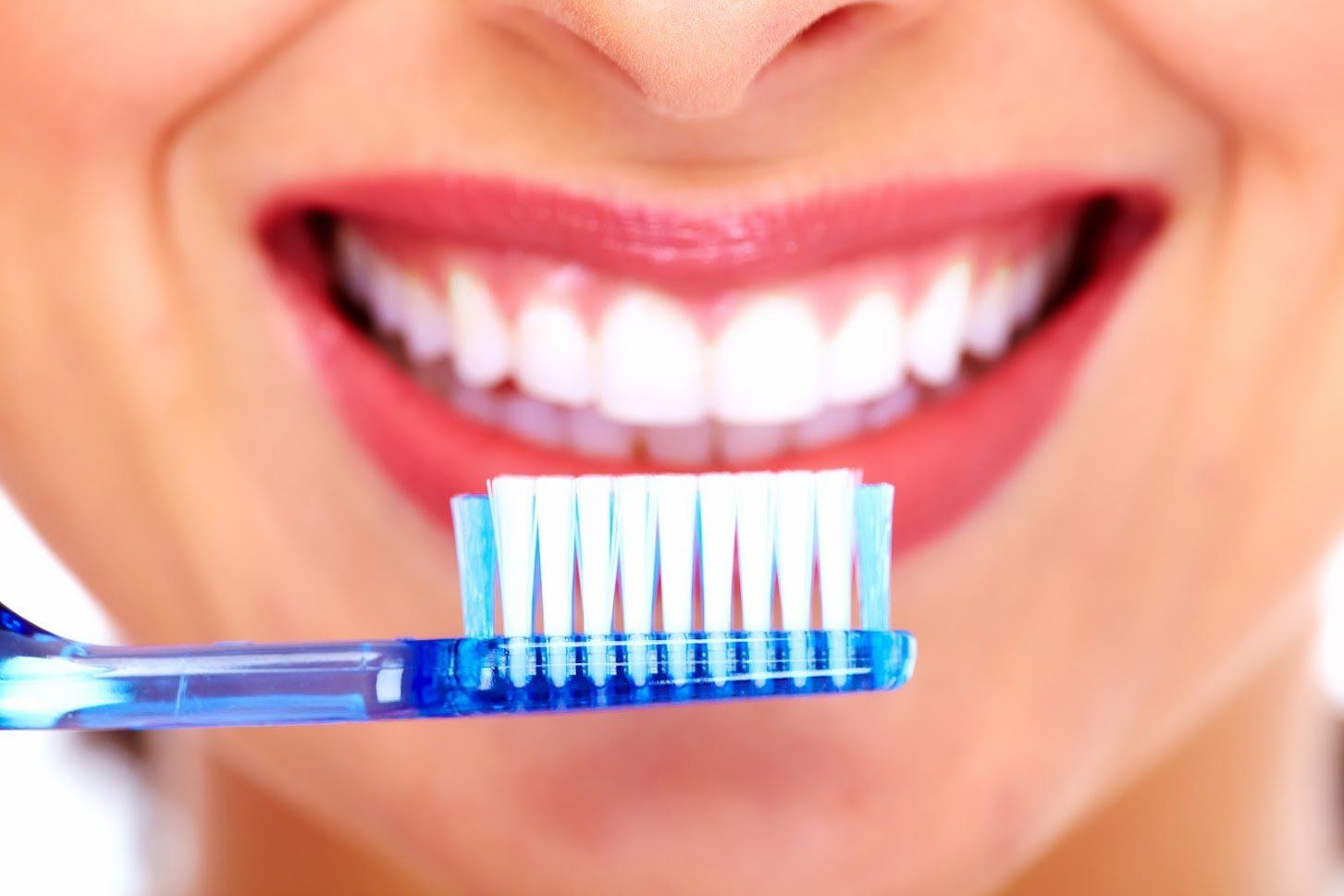Choosing the Perfect Toothbrush for You

Do you know that you should replace your toothbrush every three months? Your toothbrush is an essential tool for dental hygiene, but due to wear and tear, its bristles may wear out after some months of use.
In addition to changing your toothbrush frequently, ensure that you have the right toothbrush. You will find a variety of toothbrushes online or at a local store, but the best type of toothbrush for most people is the one with soft bristles. A toothbrush with hard bristles can damage your gum and teeth, especially if you brush too hard.
This guide will help you select the perfect toothbrush for you.
Manual vs. Electric
Since none is better at cleaning your teeth than the other, choosing a manual or electric toothbrush depends on your preference. While an electric toothbrush will cost you more, you may find it worthwhile if it helps you clean your teeth for the recommended time.
Soft vs. Hard Bristles
Bristles should be a top factor to consider when choosing your toothbrush. Most toothbrushes come with either soft or hard brushes, but some varieties also have additional options like medium softness and extra soft.
Extra Soft
A toothbrush with extra-soft bristles is a perfect choice if you suffer from gum issues like receding gums, gingivitis, and periodontitis. However, seek advice from your dentist before the purchase.
Soft
Dentists recommend soft toothbrushes because the brushes are equally as good as hard brushes in cleaning your teeth and will not damage the user's gum. However, to get the best cleaning results from your soft brush, angle the bristles towards the gumline and brush in circular motions.
Medium
Though medium-strength toothbrushes work in the same way as soft bristles, using these brushes may increase the risk of damaging your gums. Therefore, only use a medium-strength toothbrush when instructed by your dentist.
Hard
Unlike what most people think, hard-bristled toothbrushes do not remove plaque better than soft-bristled toothbrushes. A hard-bristled brush will clean your teeth similarly to a soft-bristled toothbrush, but you will most likely harm your gums and teeth if you regularly use this toothbrush.
Additional Factors
Also, consider these factors when choosing the right toothbrush.
Size
Since toothbrushes come in varying head sizes, choose one with a head that will allow easy access to all your teeth. Also, to promote ease of use, the toothbrush's handle should be long enough and fit perfectly in your hands.
Expert Recommendation
The easiest way to ensure you will meet your dental cleaning needs is to ask for a recommendation from your dentist. Alternatively, you can look for the ADA Seal of Acceptance on the toothbrush's packaging. This seal means that ADA has thoroughly evaluated the toothbrush for safety and efficiency.
Safety
A toothbrush's safety mainly depends on how you brush your teeth. For example, if you brush too vigorously, you need a soft-bristled toothbrush to prevent harming your gums. Alternatively, you can use a powered toothbrush for a gentle brushing experience.
Effectiveness
All modern toothbrushes are effective at removing plaque from teeth. However, if you have limited mobility, like arthritis or developmental disabilities, a powered toothbrush may be more helpful than a manual toothbrush. Studies also suggest that electric toothbrushes may remove more plaque buildup than manual toothbrushes.
Now that you know how to choose the right toothbrush, ensure your next toothbrush meets all your dental hygiene requirements. A dentist can also help you choose the right toothbrush. At Calm Waters Dentistry, we are committed to helping our clients achieve healthy and beautiful smiles. Contact us today to schedule your appointment. We look forward to seeing you.








